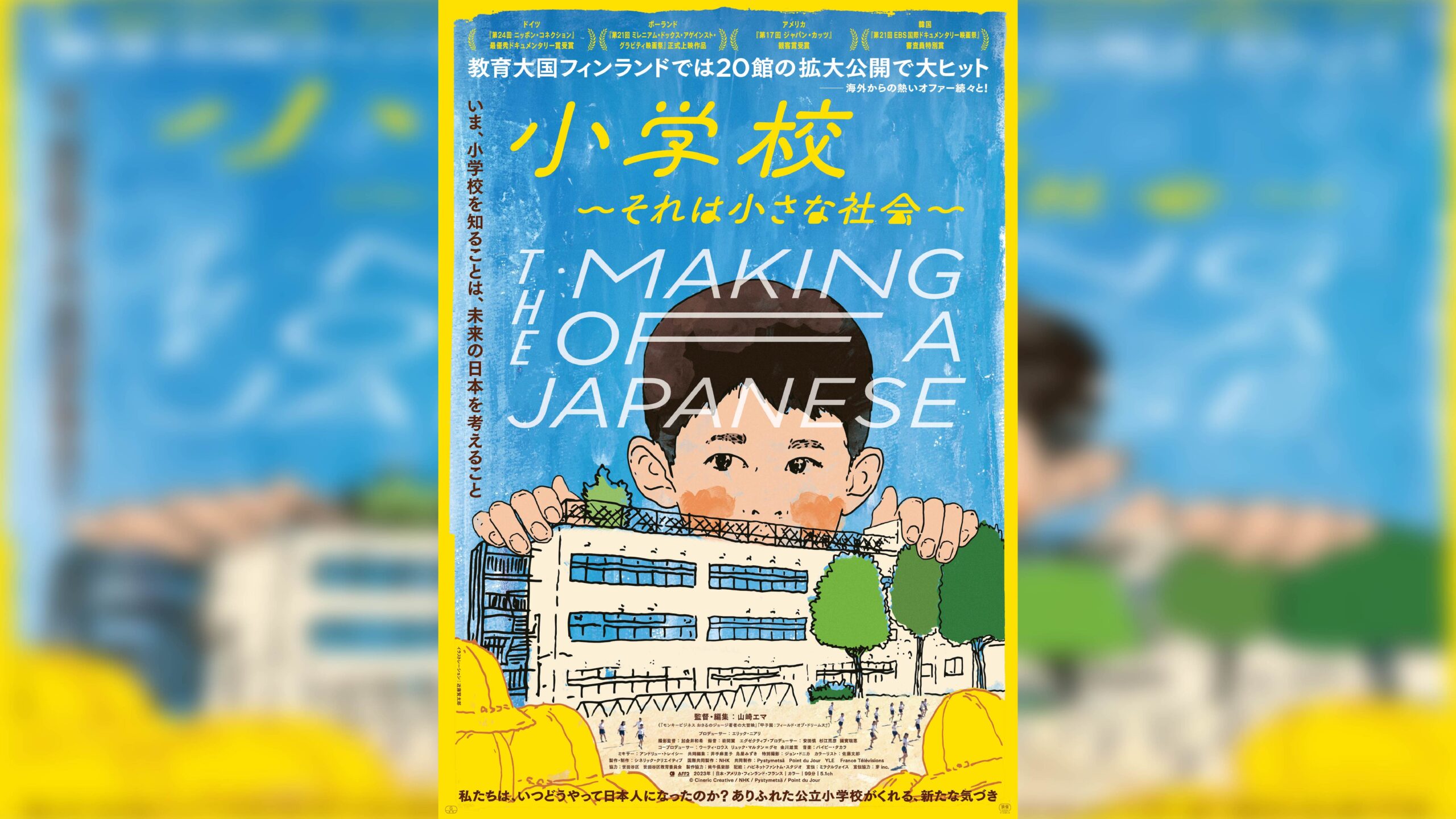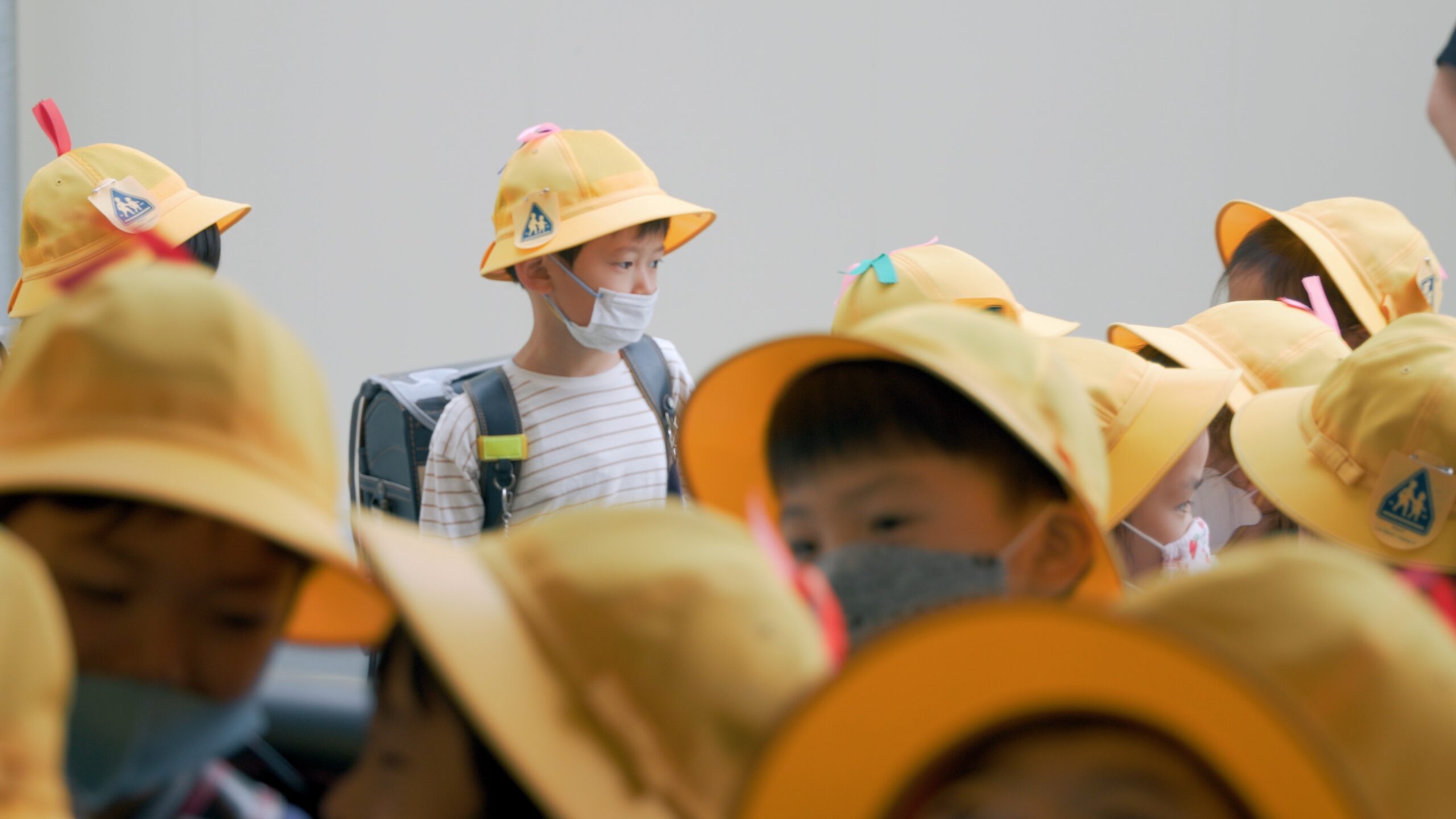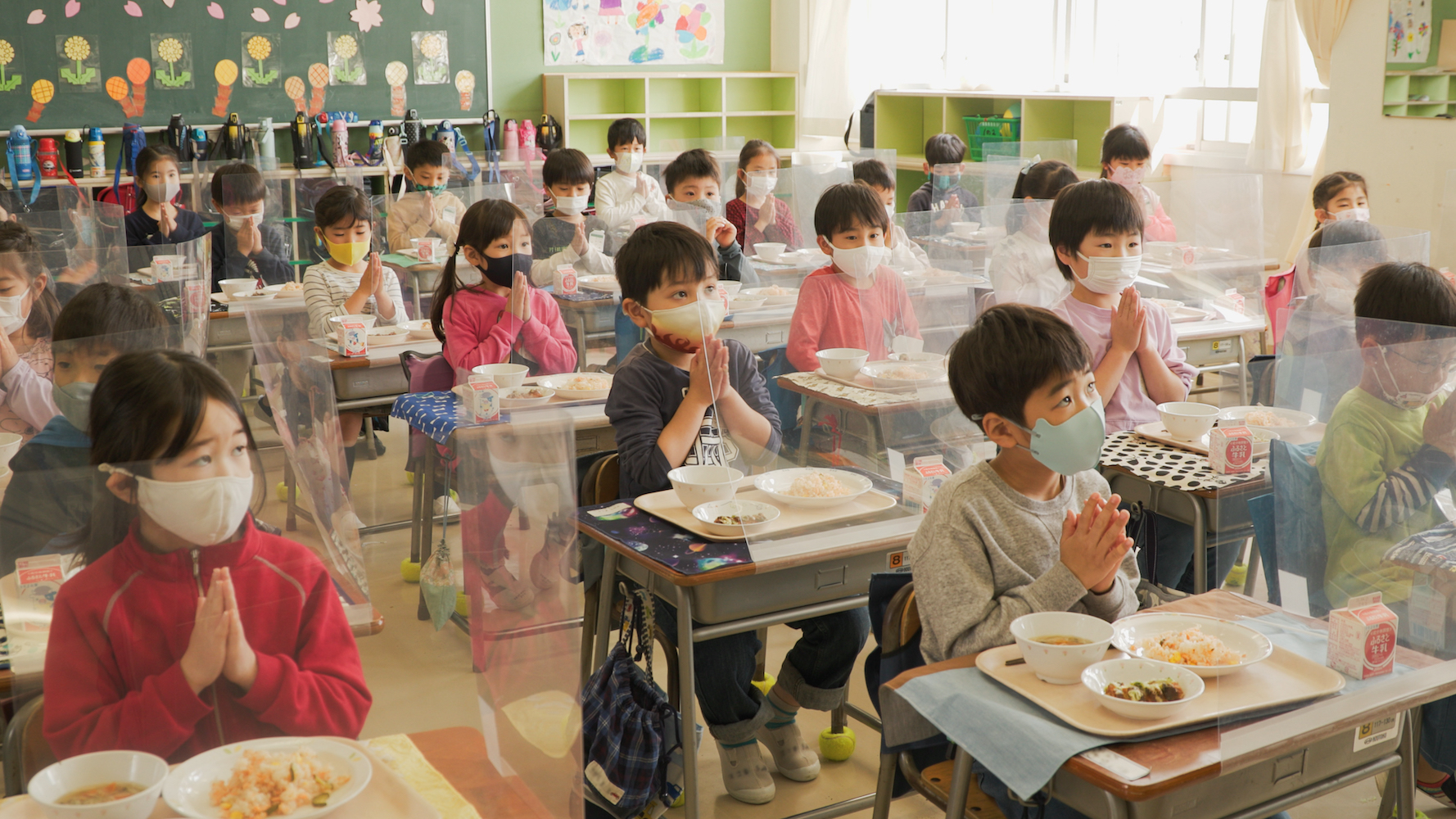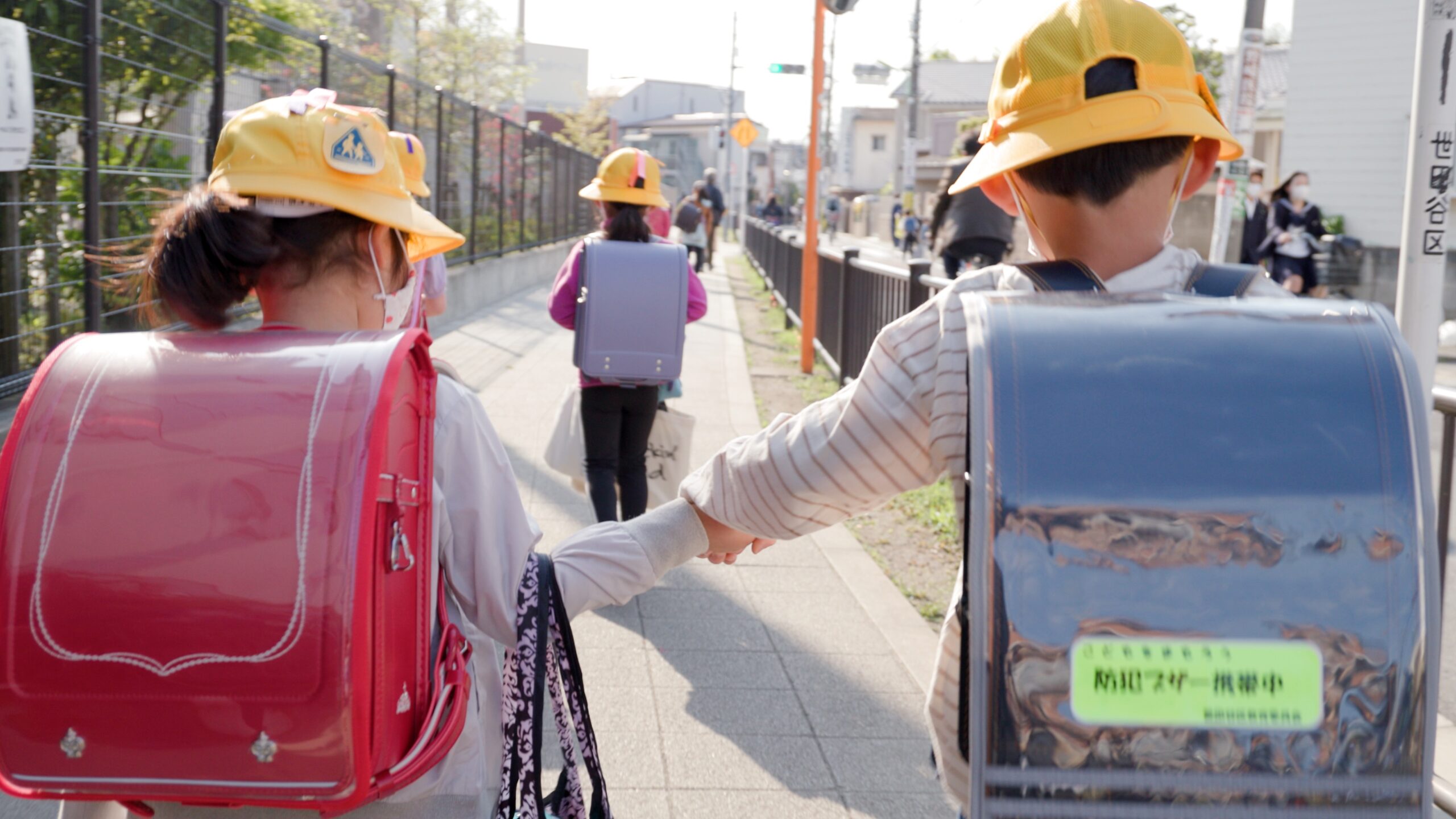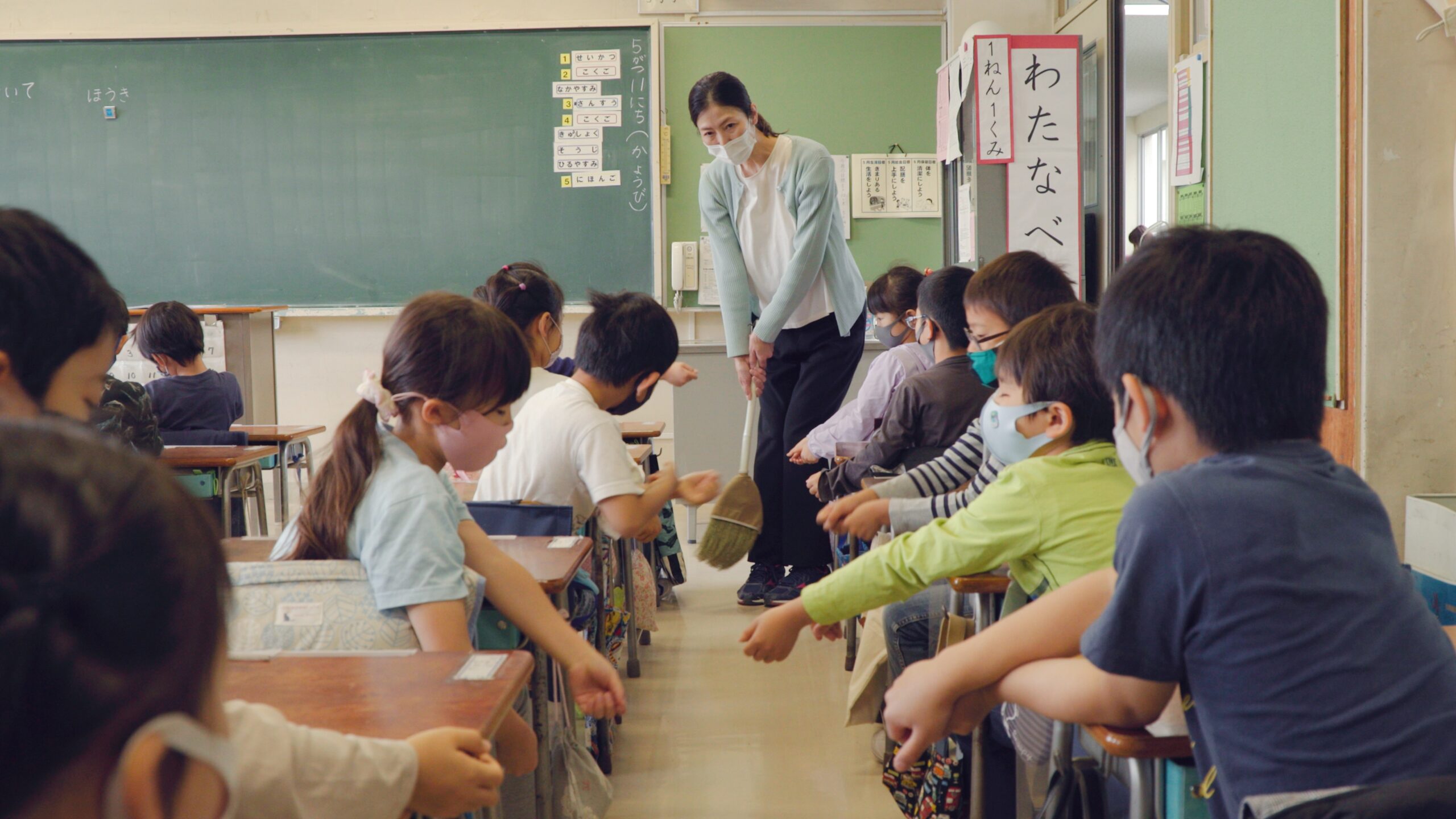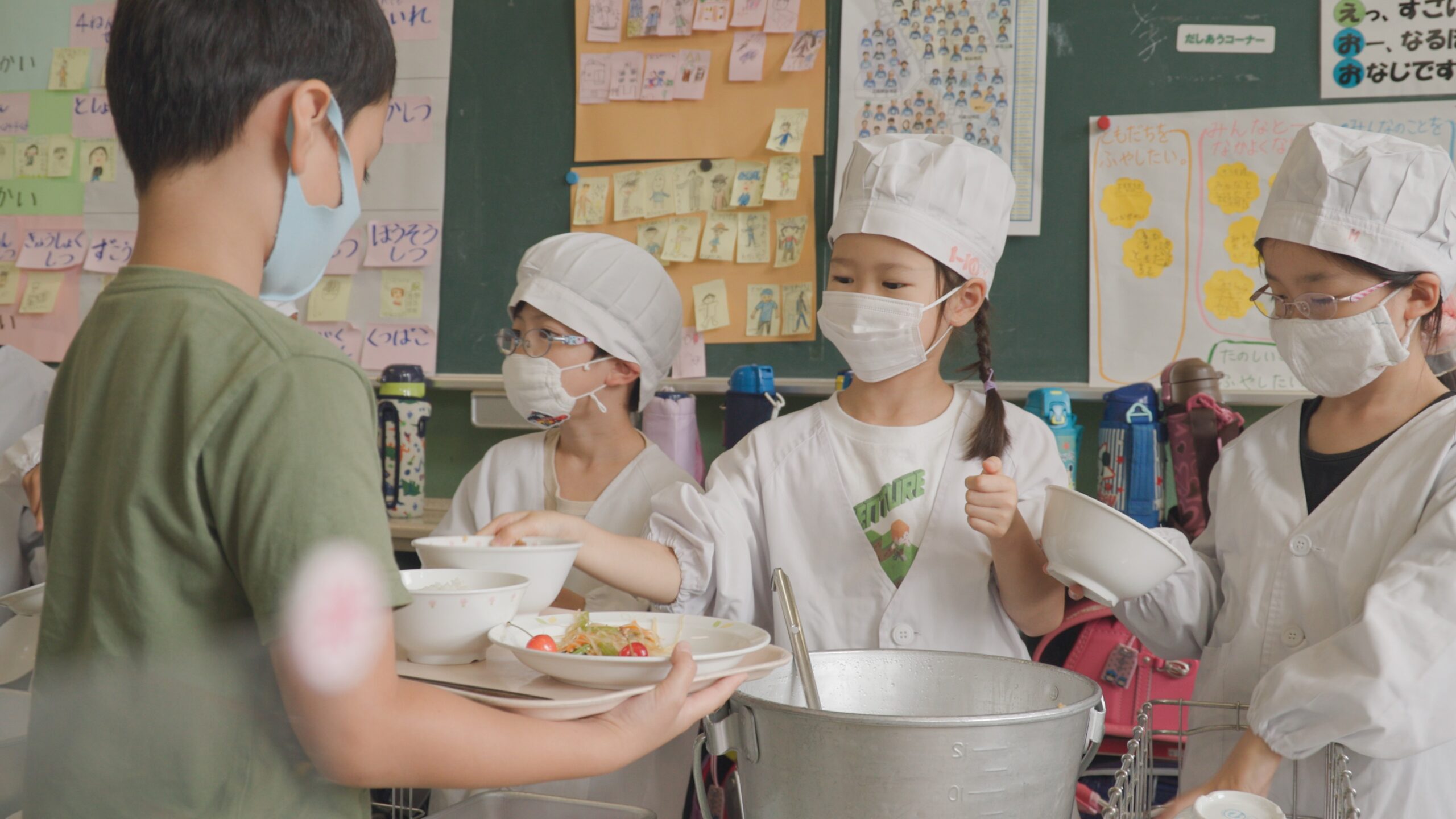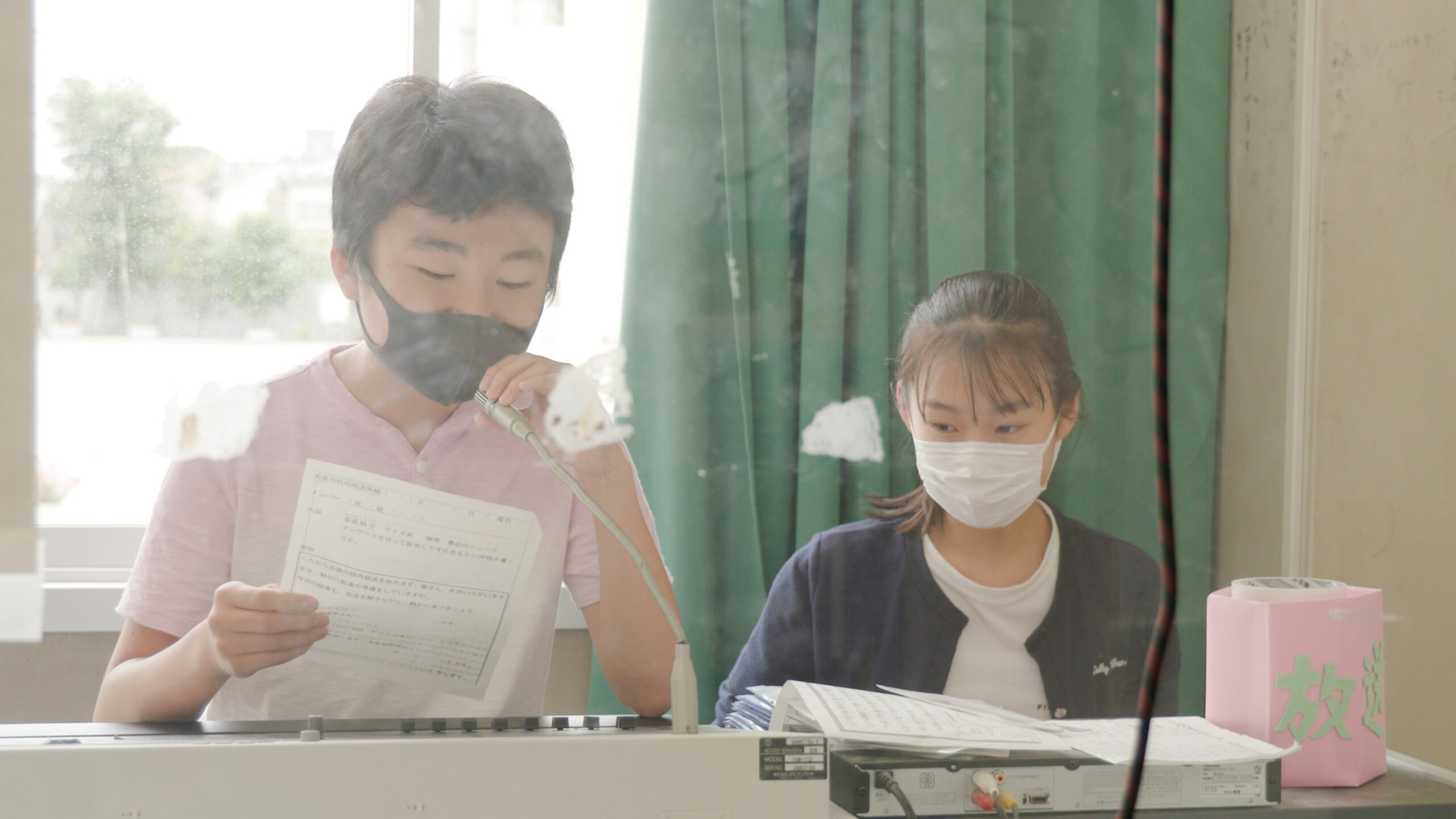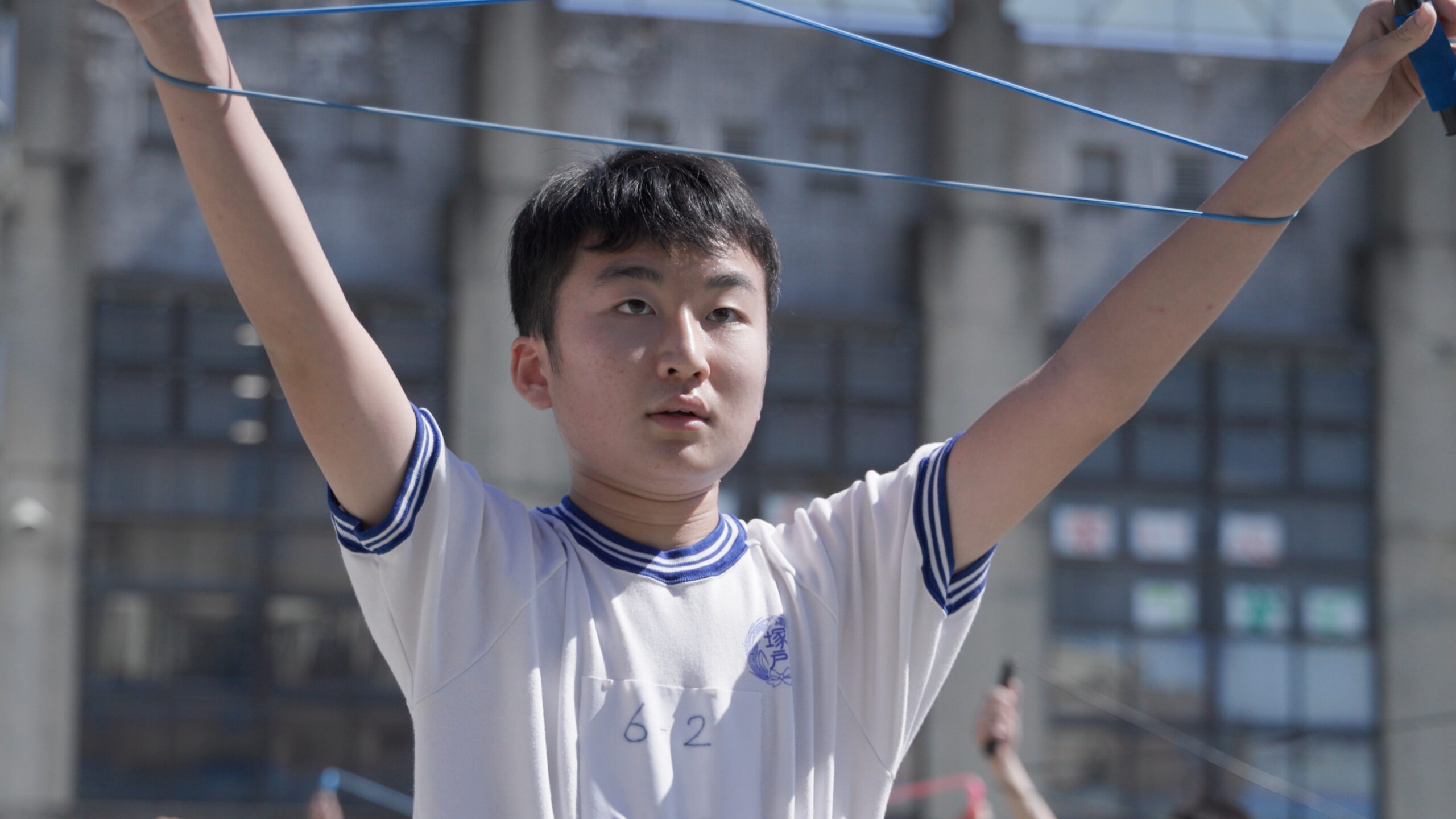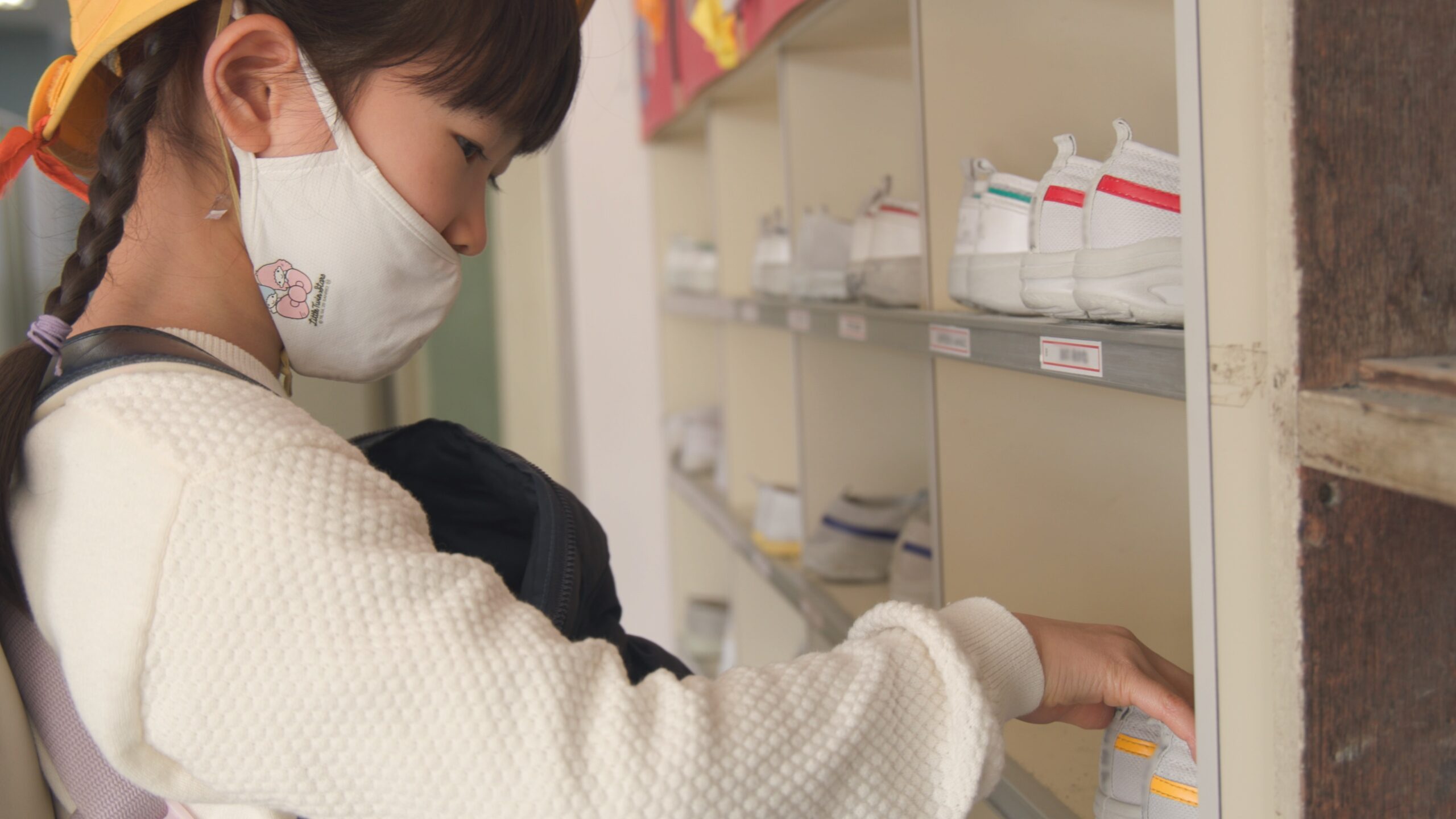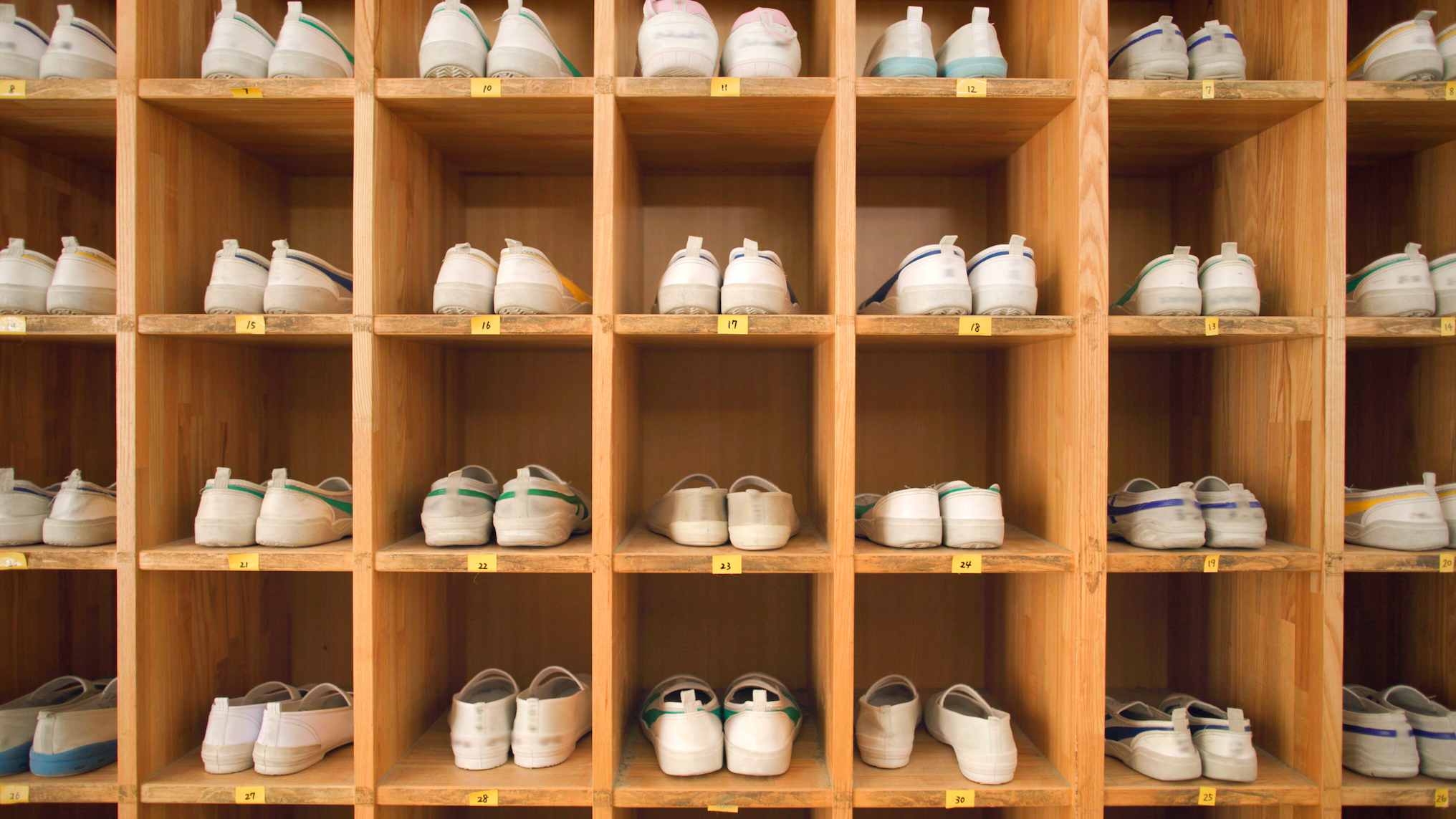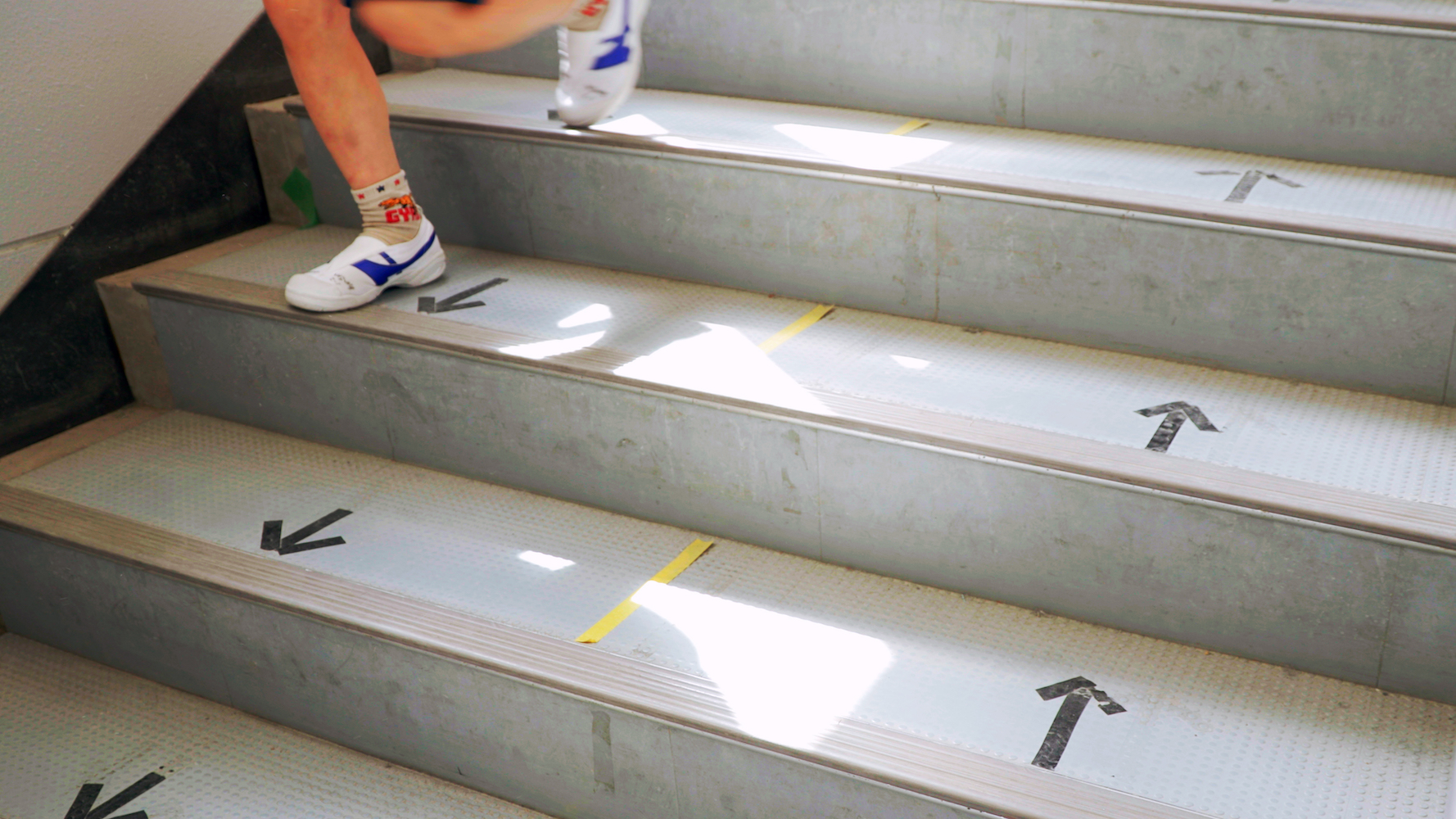Emma Yamazaki’s documentary ‘The Making of a Japanese’ has taken the spotlight, reaching the top of the mini-theater rankings and expanding its screening locations to 80 across Japan. The film has also garnered international recognition, with its short version, Instruments of a Beating Heart, nominated for Best Documentary (Short Subject) at the 97th Academy Awards.
Released on December 13, 2024, ‘The Making of a Japanese’ offers an in-depth look at the lives of students in a Japanese public elementary school, following their experiences over a year. Director Emma Yamazaki, born to a British father and a Japanese mother, brings a unique perspective, having been exposed to various educational systems, from Japanese public schools to international institutions and an American university. Drawing from her own life experiences, Yamazaki highlights how her core values, such as responsibility and diligence, were shaped during her time in a Japanese public school. She also reflects on how, by age 12, Japanese children have already developed a distinct national identity, despite the similarities shared by six-year-olds around the world. The film explores the theme, “To know elementary school now is to think about Japan’s future.”
Following its release, ‘The Making of a Japanese’ quickly gained traction, expanding from 13 to 80 screening venues. By its fifth week, it had claimed the top spot in the mini-theater rankings, with box office earnings surpassing ¥30 million by January 13, 2025. The film has sparked widespread acclaim from various sectors, including actors like Yumi Kawai and Ryota Bando, as well as journalists, educators, and business leaders. In addition to its success in Japan, the film has been released in over 10 countries, including Finland, where it grew from a single screening to 20 theaters, enjoying a four-month run from April 2024.
In an exciting development, the short version of the documentary, ‘Instruments of a Beating Heart,’ was nominated for an Academy Award in the Best Documentary (Short Subject) category. This marks a significant achievement as the first time a Japanese director’s work based on a Japanese subject has received such an honor. In response to the nomination, Yamazaki has shared a statement expressing her gratitude and excitement.
I am filled with a joy that words cannot express. For the past 10 years, I have been dedicated to shedding light on Japan’s education system, and I am deeply grateful that my work has gained attention in this way.
I extend my respect to all the educators around the world who are working every day to shape the next generation and build the future of society.
This is the first time that a Japanese director’s work on a Japanese subject has been nominated in this category, and I hope this will contribute to the further development of Japanese documentary filmmaking. Beyond this Academy Award nomination, I am committed to continuing my documentary work with even more determination and passion, dedicating myself to building communities.
I would like to express my gratitude to all those who helped make this project a reality, to the team who worked together with me, and to my family and friends who have shaped and supported the person I am today.
Emma Yamazaki
The Making of a Japanese
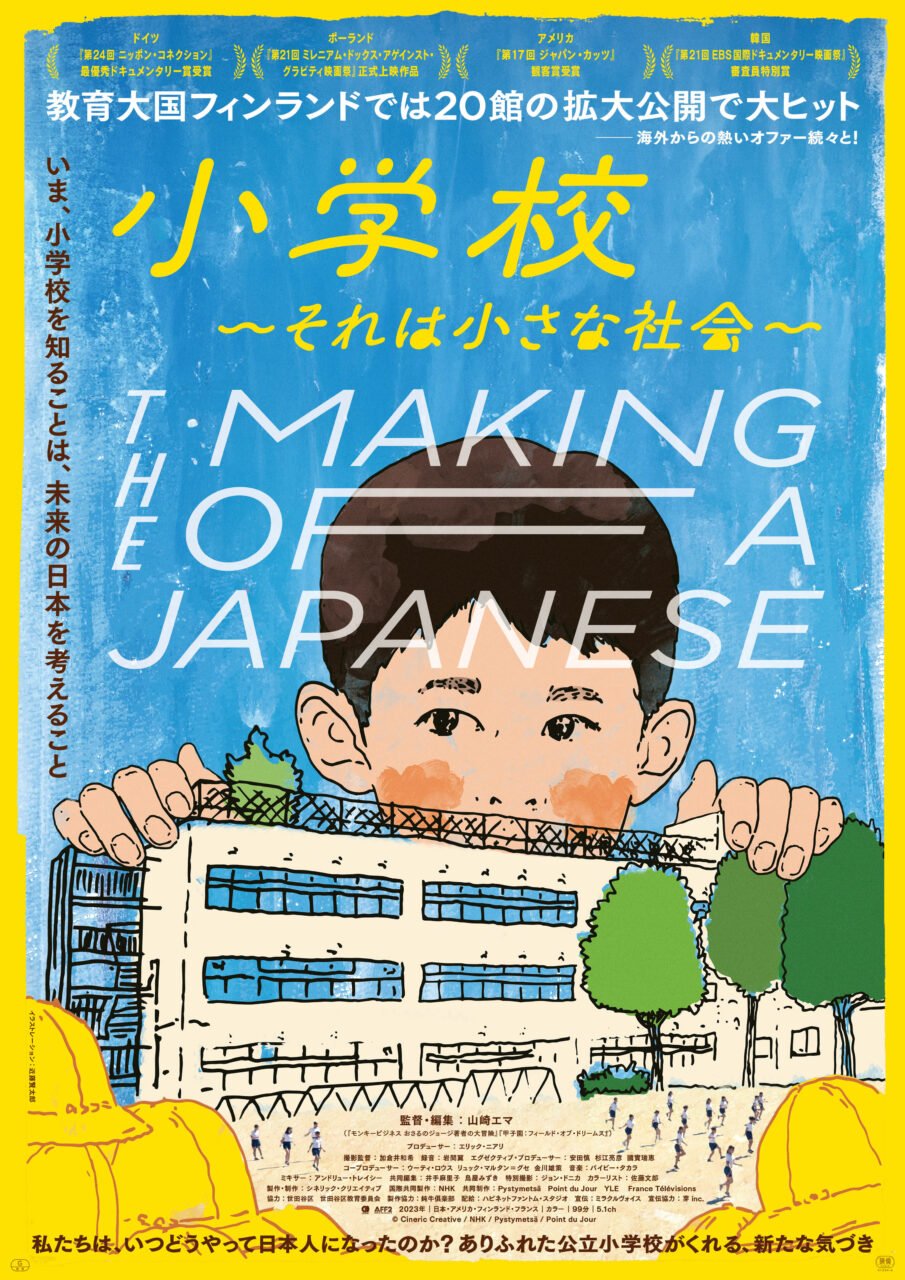
Director & Editor: Emma Yamazaki (director of Monkey Business: The Adventure of the Author of Curious George and Koshien: Field of Dreams)
Producer: Eric Neary
Production & Development: Cineric Creative
International Co-production: NHK
Co-production: Pystymetsä, Point du Jour, YLE, France Télévisions
In Cooperation with: Setagaya City, Setagaya City Board of Education
Production Assistance: Don-gyu Club
Distribution: Happinet Phantom Studios
Promotion: Miracle Voice
Promotion Assistance: Mei Inc.
2023 / Japan, USA, Finland, France / Color / 99 minutes / 5.1ch
© Cineric Creative / NHK / Pystymetsä / Point du Jour
Film Overview
Director Emma Yamazaki, who has a British father and Japanese mother, graduated from a public elementary school in Osaka, then attended an international school for middle and high school, and went on to study at a university in the USA. While living in New York, she realized that all her “strengths” were rooted in the “responsibility” and “diligence” she learned during her time at public elementary school. “At age six, children around the world are similar, but by the time they reach 12, Japanese children have already become ‘Japanese.’ This means that elementary school is key,” she thought. With this in mind, she decided to make a film set in Japan’s public elementary schools as a way to think about the future of Japanese society.
After filming for a year, with 150 days and 700 hours of shooting (the director spent 4,000 hours on set) and a year of editing, the film was completed. It features Japan’s unique educational practices, such as the students themselves cleaning and serving lunch, a part of “TOKKATSU” (special activities) — an approach gaining international attention. What we take for granted as Japanese is often surprising to people from abroad. The film raises the question: by understanding elementary schools, we can think about the future of Japan.
